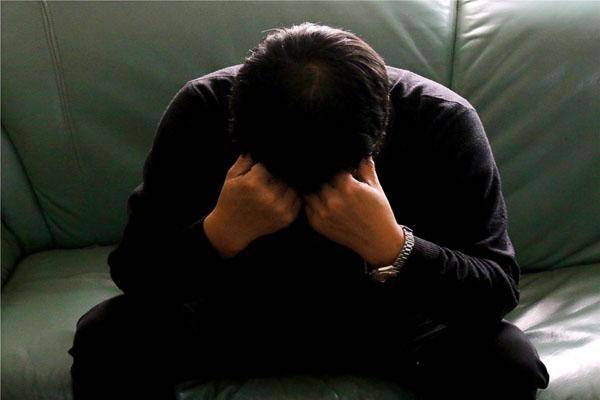Everyone knows that women go through menopause, but in fact, men also experience a similar phase known as male menopause. Menopause in women often coincides with menopause, making it easier to recognize. However, men do not have a distinct menopausal period like women, leading to the frequent overlooking of male menopause. Many men, due to concerns about their reputation, may not admit that they are going through this phase, causing fatigue and leading to their families not understanding some of their unusual behaviors.
In fact, men start entering menopause around their mid-fifties. With the decline in testosterone levels, the body undergoes changes and certain characteristics appear. This series of symptoms can sometimes progress more slowly and last longer than women’s menopause. Therefore, men must carefully identify their menopausal traits. Besides personal awareness, it is essential for family members to empathize with male friends on a greater scale.
What are the characteristics of men entering menopause after the age of 50?
Firstly, a prominent feature is significant abdominal weight gain. Abdominal weight gain is a common phenomenon in males, but when the belly enlarges without a substantial increase in overall body weight and no noticeable fat accumulation in other areas, it becomes a typical symptom of menopause. This is mainly due to the reduced secretion of testosterone in men, leading to a decline in muscle mass and a gradual increase in fat. The most visible signs are decreased abdominal muscle mass, increased fat, resembling the appearance of a floating tire.
Secondly, there is often irregular bowel movement. After entering menopause, men’s digestive function is affected. Combined with poor dietary habits such as alcohol consumption and smoking, the burden on the intestines increases, resulting in constipation, bloating, abdominal pain, and other symptoms of indigestion. However, caution should be exercised as these conditions could also indicate intestinal disorders and not solely hormone-related issues.
Furthermore, men experience a significant decrease in the quality of sleep after entering menopause. Many men face deteriorating sleep quality after the age of fifty, which is a manifestation of menopause. The difficulty lies in maintaining hormone levels at a normal range, leading to mental anxiety, depression, and subsequently affecting sleep quality, resulting in insomnia, shallow sleep, and vivid dreams.
For men, it is crucial to peacefully navigate through this period, as it is a phase where they are more prone to illness and physical issues. While receiving understanding and support from family members, male friends should actively adjust to these abnormal physical behaviors.
How should men manage their menopausal phase?
Firstly, it is essential to timely supplement high-quality protein. This is mainly to counteract rapid muscle loss and inadequate digestion in men after menopause. Therefore, men should consume foods rich in quality protein such as soy products and increase milk intake to ensure nutritional balance and maintain overall health.
Secondly, maintaining a positive mindset is necessary to cope with the psychological changes in men during menopause and their lower sleep quality. Men can communicate with their partners more frequently, engage in sports during leisure time, and release pent-up emotions through physical activities to alleviate anxiety.
In conclusion, men’s health is a crucial issue that deserves attention. Men should take care of their physical well-being and seek appropriate measures to address the symptoms mentioned after the age of fifty, to pass through this period healthily and happily.


